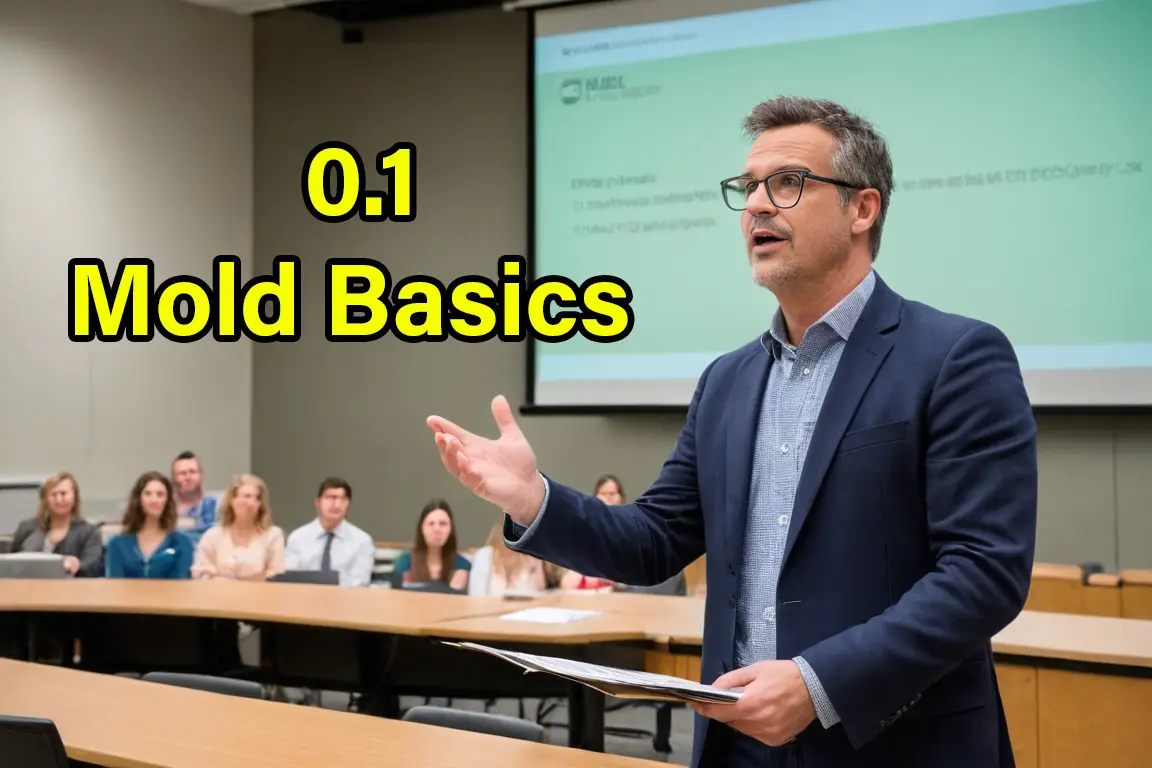Mold’s Role in Nature
Mold is often viewed as a household nuisance, yet in the natural world it plays a crucial, life-sustaining role. As nature’s own recycler, mold breaks down dead organic material, returning essential nutrients to the soil and supporting new growth. This dual nature—beneficial outdoors and potentially problematic indoors—offers us a rich opportunity to understand both its science and its impact on our lives.
Mold is a type of fungus that exists virtually everywhere—from forests and fields to deserts and urban environments. Its primary function in nature is as a decomposer, breaking down dead plants, animals, and other organic debris much like a compost pile transforms kitchen scraps into nutrient-rich soil.
As mold decomposes organic material, it releases vital elements such as carbon, nitrogen, and phosphorus back into the soil. This nutrient cycling enriches the earth, ensuring that plants have the nourishment they need to grow. Imagine a garden where fallen leaves never decompose—without mold’s recycling work, that garden would soon become barren.
The continuous recycling of nutrients by mold maintains soil fertility and supports diverse ecosystems. Without mold, organic waste would accumulate, leading to degraded soil and imbalances that could affect entire food chains.

